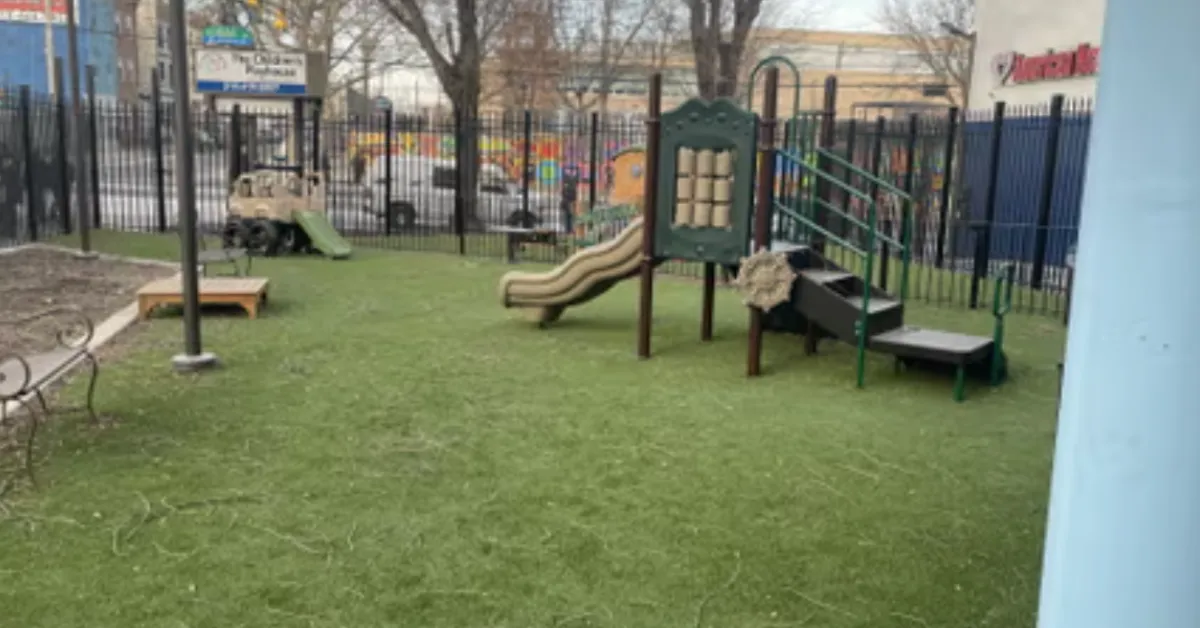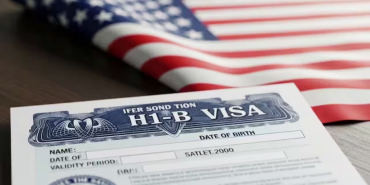Immigration Fears Force Parents to Pull Children from US Daycare Centers

In Albuquerque, New Mexico, the effects of recent immigration policies have become alarming for local childcare providers and the families they serve.
Maggie, a 47-year-old former lawyer from Mexico operating a home-based childcare program, reports that five of the 12 children she cares for have withdrawn from the program. Many parents, now apprehensive about law enforcement due to immigration-related executive orders, have chosen to leave their children with older siblings or grandparents. Shortly after assuming office, former President Donald Trump issued an executive order removing restrictions that had previously blocked the US Immigration and Customs Enforcement (ICE) from conducting raids in schools and childcare facilities.
This directive, coupled with other stringent immigration enforcement measures has created significant concerns for many families. According to the Center for Law and Social Policy, approximately one in four children under age six has at least one parent who is foreign-born. Despite 96% of these young children being American citizens, the fear of deportation pervades their households, impacting both families and the educators who care for their children.
The situation is mirrored in Philadelphia, where Damaris Alvarado-Rodriguez, who operates a childcare centre was forced to close a classroom as teachers expressed anxiety about their safety amid the looming threat of raids. This climate of fear is especially concerning as one in five childcare workers in the United States is an immigrant, with major metropolitan areas like New York and Los Angeles relying significantly on immigrant labour within the childcare sector.
Erica Phillips, executive director of the National Association for Family Child Care, emphasizes the vital role immigrants play in supporting essential services for children, a foundation now threatened by expanded deportation rules and stricter regulations concerning work permits for non-citizens. Childcare facilities nationwide are already grappling with challenges such as staff turnover, low wages averaging $13.22 per hour, and insufficient benefits which hinder their ability to attract and retain employees. These issues have been exacerbated by the COVID-19 pandemic which considerably depleted the workforce.
Lea Austin, executive director of the Center for the Study of Child Care Employment at the University of California, Berkeley, has warned that recent immigration policies could further destabilize the early care and education sector. This immediate crisis is evident across the country, as illustrated by Adriana, a 27-year-old immigrant from Mexico living in northern California, who fears potential separation from her three-month-old baby due to immigration enforcement.
Similarly, Ana, who administers a childcare program for 50 local families in Albuquerque, has begun preparing for potential detainment by amassing essential belongings and considering custody arrangements for her children. In central California, Elida Cruz runs a childcare program that serves the children of migrant workers. She has noted the pervasive anxiety among parents and has taken steps to support them by delivering groceries and providing transportation for their children.
Moreover, she educates families on their rights by distributing informational "red cards" about interactions with immigration officials, expressing concerns that the loss of these families could financially jeopardize her business. The broader implications of these policies reach deep into communities, prompting immigrant workers to avoid jobs that increase their visibility to law enforcement.
Chris Herbst, an associate professor at Arizona State University, highlights that the United States' dependency on immigrant labour in childcare means that the consequences of these policies are felt immediately. Childcare providers like Ana hold onto the hope that immigration officials may prioritize the apprehension of criminals over individuals seeking to support their families. However, the atmosphere of uncertainty and fear continues to loom large.














Add new comment